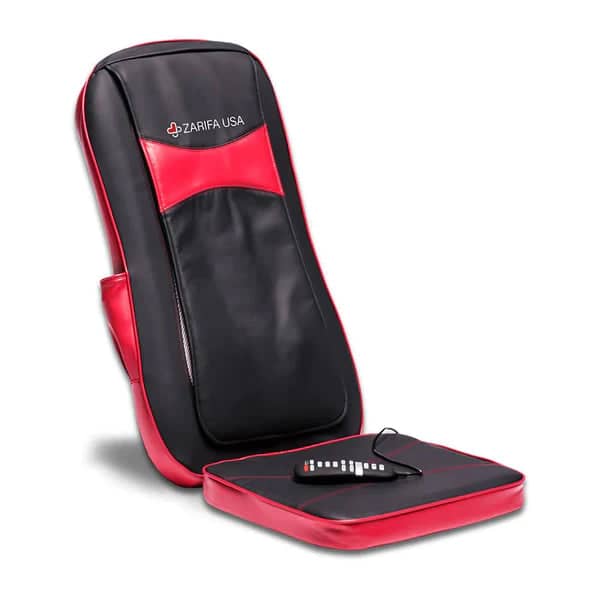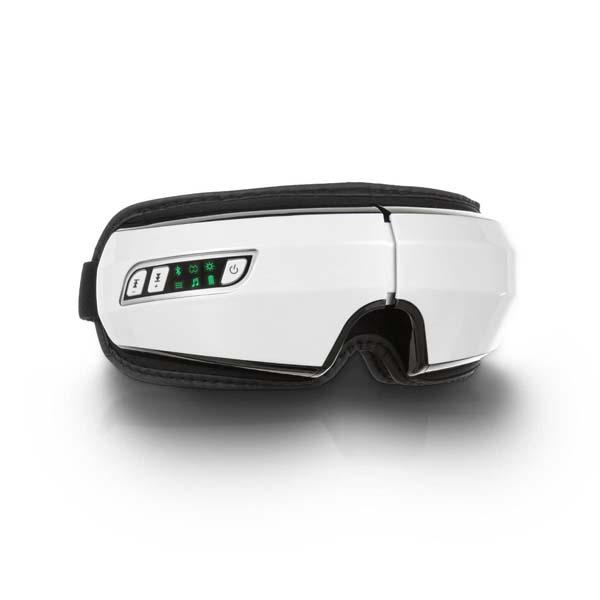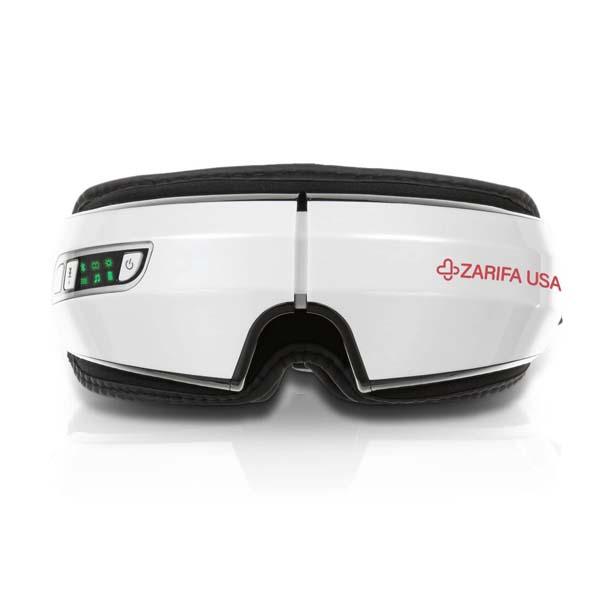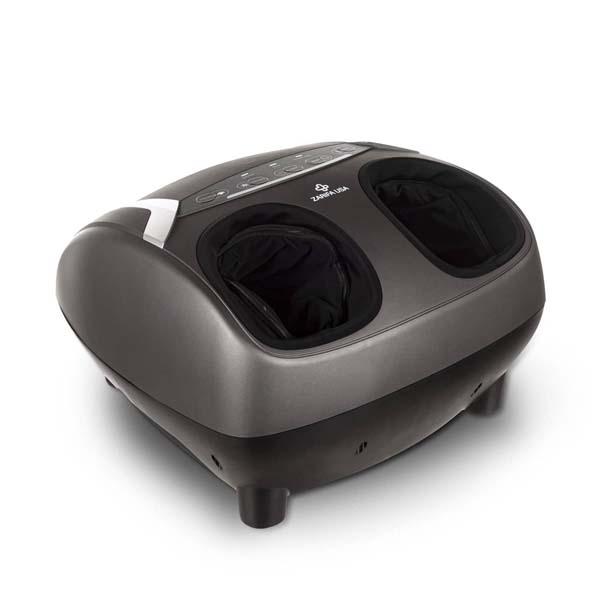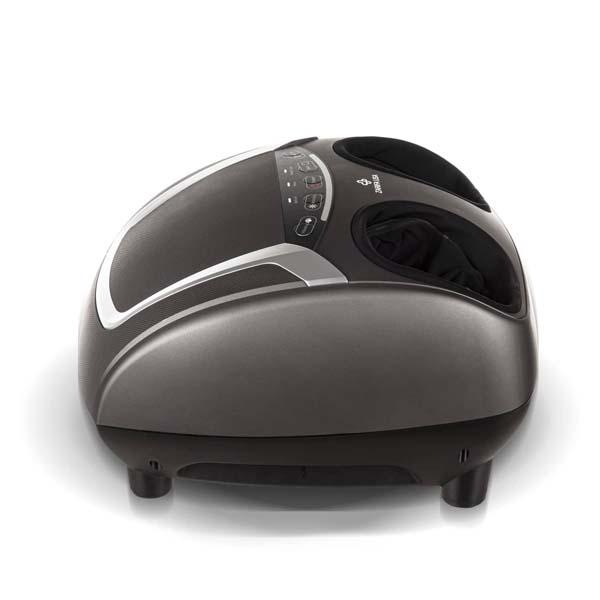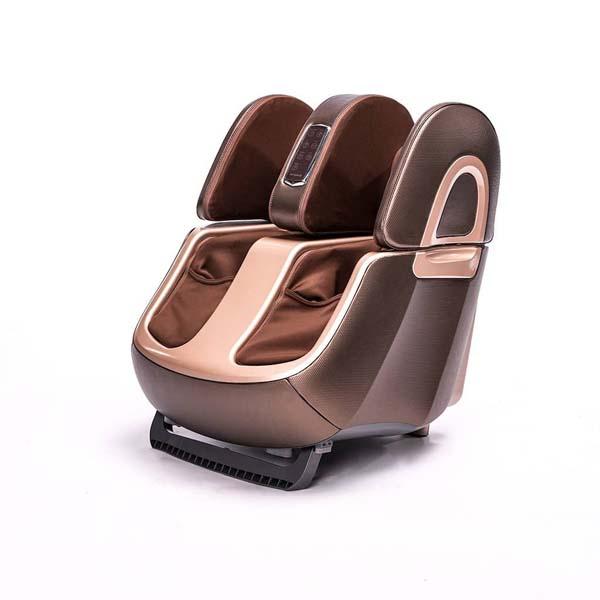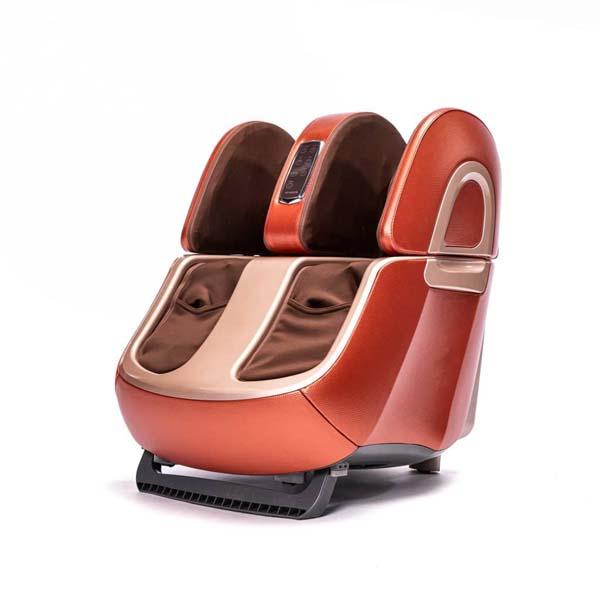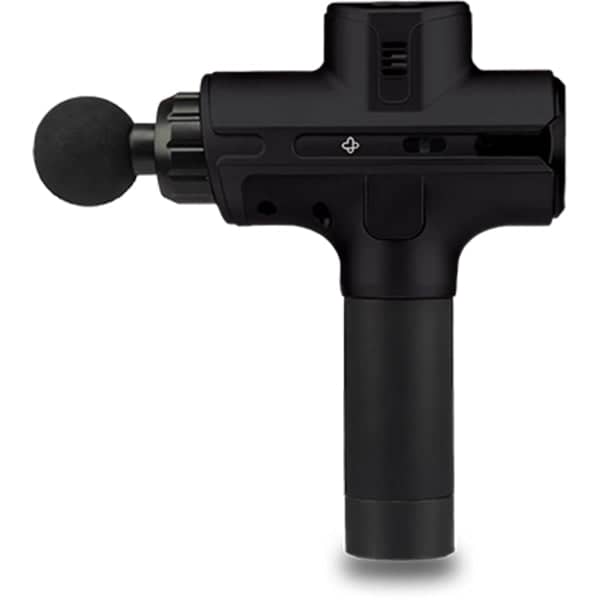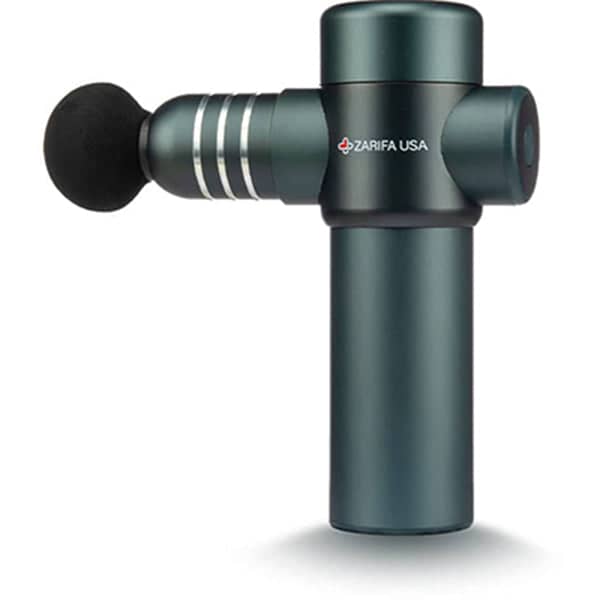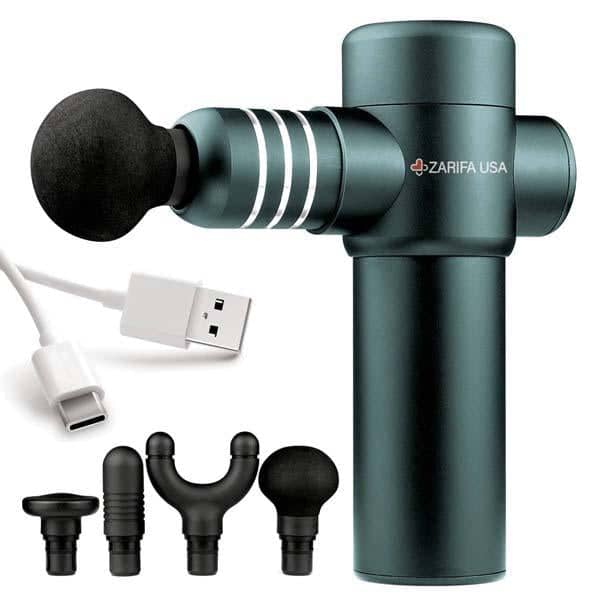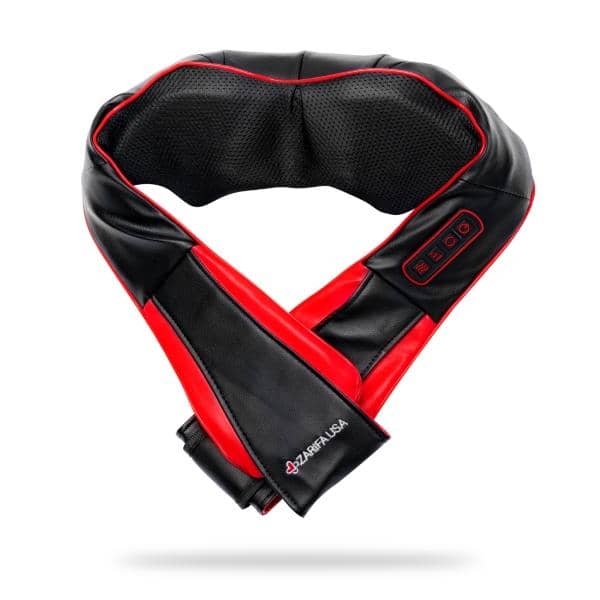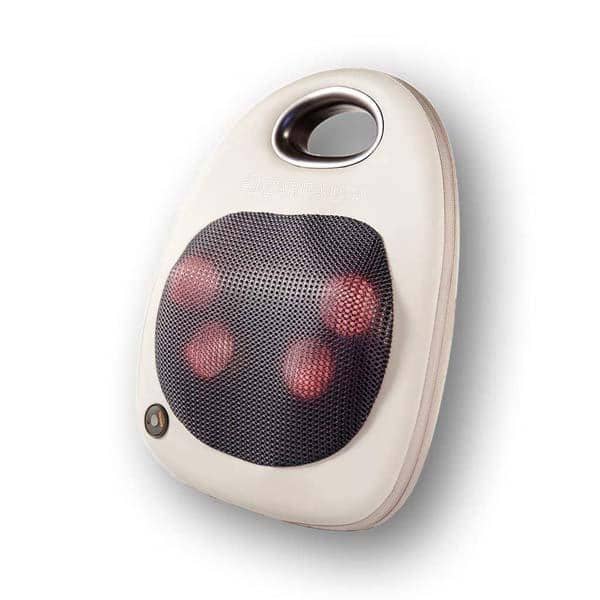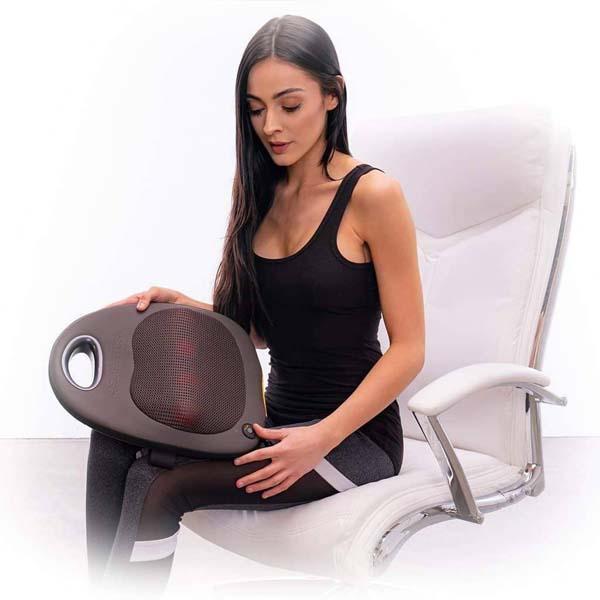No one likes a headache. They're painful, annoying, and can disturb daily habits. Fortunately, there are ways to combat tension headaches—those occurring in the lower back of the head, neck, or eyes. Use these five helpful tips for managing tension headaches next time you have one.
Tension Headache: The Impact on Sleep
Tension headaches commonly occur due to high levels of stress or anxiety. Another main contributor to these conditions is the lack of quality sleep. Head injuries can also contribute to tension headaches. Neglecting proper rest feeds into greater stress and anxiety levels in your everyday life. Sleep regulates hormone control and emotion, so the more tired you are, the greater stressors play a factor in your life, leading to a tension headache. Therefore, keep a regular sleep schedule. Adults should receive seven to nine hours of quality sleep each night. That translates to four cycles of REM sleep. If you have a sleep disorder that disrupts your circadian rhythm, consult your doctor for sleep medications or methods to counteract it.
Avoid Stimulants
Caffeine and nicotine are two common stimulants that cause tension headaches. While both can temporarily relieve headache pain, excess stimulant consumption poses contrary effects in that they can worsen headaches and irritability. People who consume over 400 milligrams of caffeine daily may experience tension headaches. Reducing or eliminating these stimulants from your diet can prevent tension headaches and improve overall well-being. Additionally, reducing stimulant intake is a part of managing stress, which can help prevent tension headaches.
Relax
It may seem easier said than done but consider relaxation techniques to help curb painful headaches and tension. Meditation is a key activity to relieve stress and anxiety. Simply letting your mind be at ease without distractions for 10 to 15 minutes daily can promote calmness. Also, try to avoid stressful activities and look for ways to simplify your life. Taking on too much burden can trigger headaches. Remember to take deep breaths and take a step back from life every so often. Incorporating relaxation exercises can significantly relieve pain and reduce the symptoms of tension headaches.
Exercise and Diet
Exercise and a nutritious diet aren’t just for healthy living. Regular exercise and a balanced diet can help manage chronic headaches. They are part of the five helpful tips for managing tension headaches. Exercising allows your body to release dopamine and serotonin, two feel-good hormones that relieve stress and anxiety. Fitness activities don’t need to be physically strenuous, either. Walks around the neighborhood or yoga can do the same for your brain and body as weightlifting, cycling, or running. Also, maintain a balanced diet. Don’t skip meals or consume fast or processed foods. Many of these foods contain excess sodium and sugar, which can cause tension headaches.
Get a Massage
Lastly, consider getting a massage. Massages are excellent ways of putting your body in a state of calmness and relaxation. A head and shoulder massage targets the areas that provoke tension headaches. You can even opt for a full-body massage to ensure you’re entirely comfortable.
If you don’t want to seek out a massage therapist, give yourself a massage right at home. Zarifa USA’s shoulder massagers are a simple way to alleviate pain, discomfort, and headaches around the shoulders. You’ll feel better, notice fewer headaches, and improve your quality of life. Our customers also love our eye massagers because they help put pressure on their temples, effectively relieving migraine headaches. This targeted approach not only helps reduce headache symptoms but also enhances overall relaxation. If you experience a severe headache that does not improve with massage or other treatments, you should seek medical care.
The Role of Stress Management in Preventing Tension Headaches
Managing stress is crucial in preventing tension headaches. Managing stress can help prevent both chronic and episodic tension headaches. Chronic stress leads to muscle tension, which can result in chronic tension type headaches. Implementing stress management techniques such as deep breathing exercises, progressive muscle relaxation, and mindfulness can help reduce the frequency and intensity of tension headaches. Regularly practicing these techniques can prevent headaches and improve your overall quality of life.
The Impact of Lifestyle Choices on Headache Frequency
Certain lifestyle choices can significantly impact the frequency of tension headaches. Certain lifestyle choices can significantly impact the frequency of tension-type headaches. Regular physical activity, such as aerobic exercises, can help reduce the occurrence of chronic tension headaches. Exercise improves blood circulation and helps reduce stress, which are key factors in managing headache disorders. Additionally, staying hydrated and avoiding excessive alcohol consumption can prevent headaches. Incorporating these healthy habits into your daily routine can reduce symptoms and prevent the onset of severe headaches.
The Importance of Keeping a Headache Diary
Keeping a headache diary can be an effective tool in managing tension headaches. Documenting when headaches occur, their intensity, duration, and potential triggers can help identify patterns and headache triggers. This information can be invaluable when consulting with a healthcare provider to develop a preventive treatment plan. Tracking headache patterns can also help determine the effectiveness of different pain management strategies and make necessary adjustments.
Understanding the Different Types of Headaches
It’s essential to understand that not all headaches are the same. It’s also essential to distinguish between different types of headaches, including chronic headaches. Tension type headaches are the most common, but other headache types, such as migraine headaches and cluster headaches, can also cause significant discomfort. Identifying the type of headache you’re experiencing can help you choose the most appropriate treatment method. For instance, while a tension headache might respond well to relaxation exercises and massage therapy, a migraine attack might require specific medications and lifestyle adjustments.
The Benefits of Using Pain Relievers and Cold Compresses
For immediate relief from tension headaches, over-the-counter pain relievers such as ibuprofen or acetaminophen can be effective. However, it's important to use these medications as directed to avoid rebound headaches, which can occur from overuse. In addition to pain relievers, applying a cold compress to the forehead or neck can help reduce headache pain. Cold therapy can constrict blood vessels and reduce inflammation, providing quick relief from headache symptoms.
Conclusion: Take Control of Your Headache Management
By incorporating these strategies into your daily routine, you can effectively manage and reduce the frequency of tension headaches. Whether it's improving your sleep quality, managing stress, staying hydrated, or using massage therapy, these tips can help you take control of your headache management. Remember, consistency is key, and small lifestyle changes can make a significant difference in your overall well-being.
For those looking to enhance their headache management routine, Zarifa USA offers a range of massage products designed to alleviate pain and improve relaxation. From shoulder massagers to eye massagers, our products are tailored to meet your needs and help you live a headache-free life. Visit our website to explore our full range of products and take the first step towards better headache management today.


